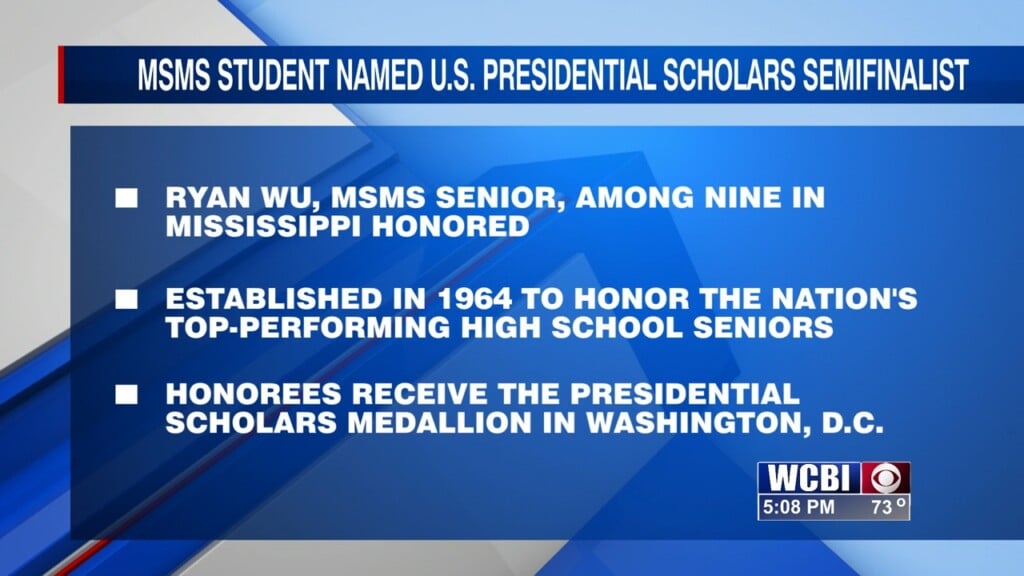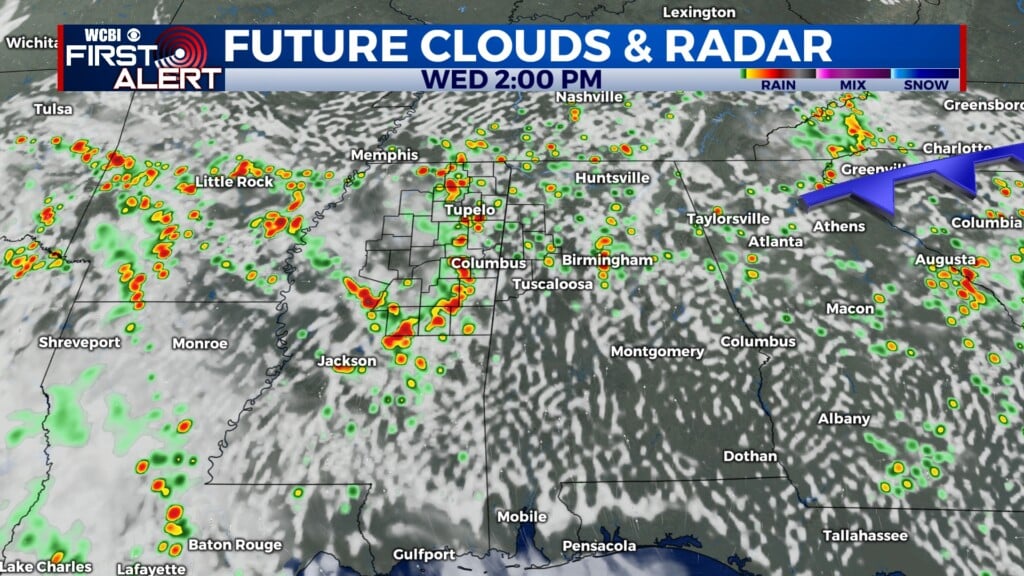MUW Prof Pens Book on Campaign Spending
COLUMBUS, Miss. – A record amount of money was spent in the 2012 presidential and congressional elections, and Dr. Melissa Smith expects a record amount to be raised in the 2016 as well.
Smith, assistant professor in Mississippi University for Women’s Department of Communication, examines the role of money in U.S. politics in her new book “Dark Money, Super PACs, and the 2012 Election,” co-written with Larry Powell of the University of Alabama at Birmingham. It is published by Lexington Books.
The 2012 presidential election was the first to occur since the emergence of Super PACs, which do not have limits on the amount of money they can accept from individuals, corporations or unions, Smith explained. Each political party raised and spent more than $1 billion, making it the most expensive campaign in history.
Research in her book was done through analysis of mass-media news reports about campaign finances, financial reports filed by Super PACs and 501(c)(4) groups, analysis of organizations that track spending of outside political groups, Supreme Court decisions and other published reports regarding the raising and spending of money during the federal election.
She analyzed extensive materials searching for numbers related to the election.
“In modern elections, you basically have three parallel campaigns that are running at the same time: the candidate’s actual campaign organization, the political party campaign and campaigns by outside groups, such as Super PACs,” Smith said. “The three types of campaigns are not supposed to coordinate their advertising or spending, so the research required that we look at all three levels in order to determine how much money was raised and how it was spent.”
Besides being staggered by the amount of money that was poured into the election, they concluded the following:
Super PACs have changed the economics of the political consulting industry. It is now more lucrative to work for Super PACs than for the candidate’s campaign, and only a handful of consulting firms land those lucrative contracts. As a result, the researchers observed some well-known campaign consultants, have left the field for other areas or have moved into consulting for corporations.
Based on their analysis, the research team concluded Democrats got more bang for their bucks in 2012. They raised less money than Republican Super PACs, but appeared to do a better job of spending the money in a productive way. For instance, Smith said, Democratic groups supported more candidates who won than did Republican groups. In particular, she noted Karl Rove’s American Crossroads Super PAC and 501(c)(4) groups were “spectacularly unsuccessful in their efforts to sway voters in support of Romney and several other Republican candidates.”
The research also showed that Super PACs are shifting power away from political parties. “Basically, Super PACs raise and fund themselves, so they often don’t fall into line when a political party tries to get them to shift support on various issues or candidates,” Smith said. “They have undertaken their own voter-registration and get-out-the-vote efforts, which are areas that were traditionally overseen by the party. This shift is likely to continue as long as Super PACs retain their current levels of influence.”
One result, she said, is that political parties are also losing the ability to craft an image for groups and candidates, as Super PACs often attack issues the party would rather avoid or even attack candidates within the party that the PAC ostensibly supports. “For instance, Gov. Mitt Romney’s campaign raised less money than his Super PAC. Outside Republican groups aired thousands of negative ads that left Romney little room to define his own image or control his own messages. In a sense Super PACs have the ability to hijack an election from a candidate.”
Finally, Super PAC attacks can pressure elected federal officials to alter their behavior. Smith said the threat of a Super PAC supporting an opponent in an upcoming race could lead an incumbent to change his or her stance on an issue or to refuse to address an issue because of the possibility of an attack. “For example, when the partial government shutdown occurred in October 2013, several Republicans said they might have been willing to vote for a compromise bill earlier, but they were afraid that this might cause far-right Super PACs to identify and support opponents in their re-election campaigns. Democrats face similar pressure from Super PACs on the far left.”
Smith said, an overall assessment is the Super PACs have completely changed the way that federal elections are financed.
“What worked five to 10 years ago is no longer effective now. The amount of money going into elections is ever-increasing, and the money pays not only for lots of negative ads (Super PAC ads were overwhelmingly negative on both sides of the aisle), but it also goes to support a highly technical, computer and analytics-driven operation.
“I don’t see that the amount of money in federal elections is going to decrease any time soon. In fact, I expect there will be another record amount raised in 2016, and that we will see Super PACs out in full force during the upcoming midterm elections,” she added. “They are already pumping ads out into states where Congressional seats are up for grabs, and they will have an impact come election day.”
This is the second book that Smith and Powell have written about campaign finance reform.






Leave a Reply